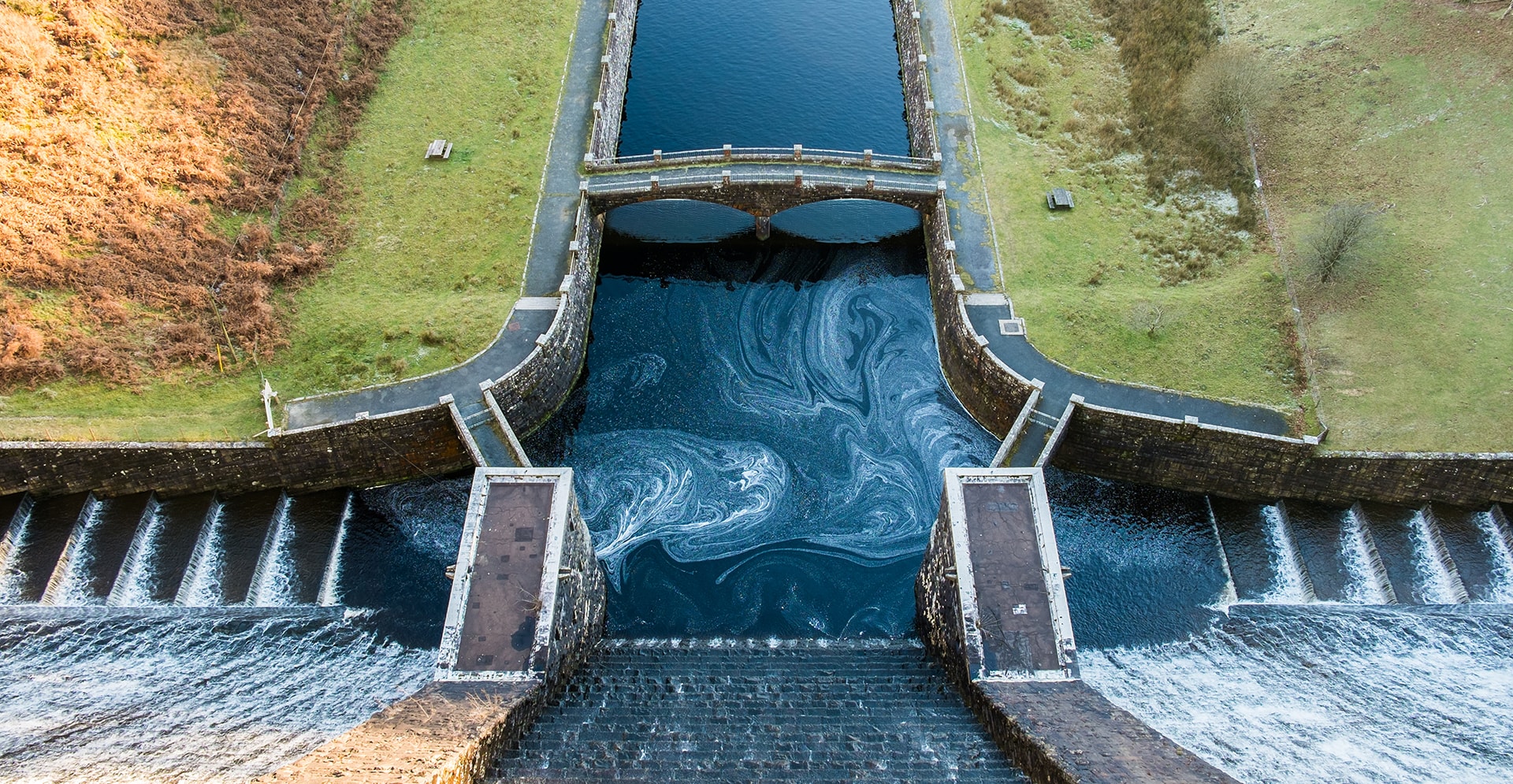The digital revolution in the water industry is worth up $30 billion globally. With such a huge opportunity up for grabs, how can UK plc make sure it wins its share? From increased collaboration to more proactive marketing of UK digital water expertise, the commercialisation of our sector has the potential to unlock unprecedented value. So how can we use digital technology to increase innovation in utilities, and what does the future of the digital water sector really look like?
The digitisation of water
Water scarcity and climate change are likely to be two of the biggest issues facing our planet by 2050. The impact not just on the global economy, but also on our planet’s ecosystem and a human population that relies on a resilient and healthy waterscape could be immense. As the pressure on resources intensifies, communities will need to look at diversifying their water supplies.
In response, water utilities are increasingly looking at the role of technology in helping them to prepare for a disruptive future. Big Data and the Internet of Things (IoT), for example, both show significant promise, but water companies need to be ready to harness and exploit – at scale - the benefit of these digital water solutions.
What does ‘digital’ mean in the context of water?
As the UK Water Partnership makes clear in its consultation paper, entitled ‘Digital Water: understanding the commercial opportunities for UK PLC’; “There is huge potential for digital technology to play a game-changing role in addressing the challenges and taking advantage of the opportunities”.
In practice, this could be through the use of data and analytics to draw actionable insights that can help to improve business performance, or it could mean using Artificial Intelligence (AI), machine learning and robotics to help improve efficiencies. In either case, collaboration and innovation are both essential if the UK water industry is to fully benefit.
Our work with Severn Trent Water offers a prime example. Serving 4.2 million households and businesses and with nearly 3 million different assets, determining which to invest in, and how and when to maximize that return on investment for shareholders and customers, is a complex problem requiring advanced analytics. We used our decision support tool, which incorporates predictive analytics, modelling, and optimisation, to help Severn Trent Water revolutionise its approach to asset management. The benefits include a change in planning processes and culture, which resulted in cost efficiencies of more than 15%, Severn Trent Water consistently attaining an upper quartile industry ranking, significantly and consistently outperforming performance commitments to the regulator, and reaping record-breaking rewards of £50 million.
Digital water solutions of the future
Digital water transformation calls for new ways of working. However, while our research has shown that 91% of globally surveyed utilities believe that innovation is critical to the future of their organisation, less than 40% believe they are fully leveraging it.
What’s holding the industry back, and how can we start to close the gap?
First, we need to recognise that a one-size-solution does not fit all. The role of technology in digital water solutions will increase exponentially, not only impacting how water utilities operate, but also how they interact with their customers and the supply chain. Using data to better understand water consumption patterns can support dynamic pricing models, as well as inform how infrastructure should be used and maintained. From driving targeted operational activity to enhancing customer service, we need to start reframing digital initiatives as catalysts for innovation rather than a whole-scale answer in and of themselves.
Historically the UK has not been at the forefront of the evolving global water market, but things are changing. Smart, customer-centric approaches and the development and commercialisation of digital applications can open the door for UK companies to significantly increase their global reach, particularly when this involves collaborating with areas of the digital economy where UK companies are leading the way. This could be in terms of mobile communications, computer graphics and gaming, for example, all of which offer expanded opportunities when integrated with digital water technologies.
What’s next for digital water in the UK?
As part of its Digital Water White Paper, the UK Water Partnership has developed a series of recommendations that will help the industry to capitalise on digital water opportunities. From establishing mechanisms to facilitate cross-sector collaboration (including between research bodies, innovation agencies, customers and the supply chain) to promoting a new water sector Data Information Task Force, our priority needs to be on ensuing that the UK’s voice is heard in a global market.
There is a role for us all to play in helping to achieve a consensus and galvanise support. Fully embracing digital water capability has the potential to reshape the entire water sector. Major change can take time, but if water utilities start acting now, the opportunity for a more sustainable digital future is there for the taking.

